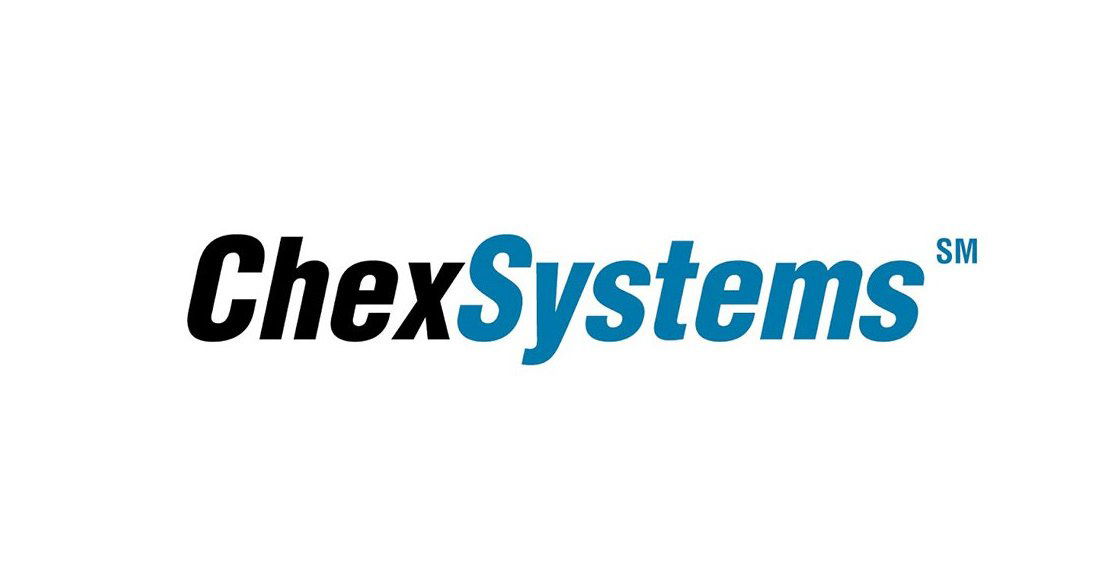If you’ve ever applied for a savings or checking account at a new bank and been turned down, ChexSystems was likely to blame.

A ChexSystems report contains a record of your activity and account closures at various banks and credit unions. But despite the agency’s importance, many people have never heard of ChexSystems.
This article will explain what ChexSystems is, what the agency monitors, and how long it takes to get out of ChexSystems.
What is ChexSystems?
ChexSystems is a specialized consumer credit reporting agency, focusing specifically on your banking history. It plays a crucial role in how banks and credit unions evaluate your relationship with financial institutions. Governed by the Fair Credit Reporting Act (FCRA), ChexSystems maintains a detailed record of your banking behaviors, including any incidents of account mismanagement.
Key activities tracked by ChexSystems include instances of bounced checks, frequent overdrafts, and any irregularities leading to account closures. This comprehensive report essentially creates a banking profile that reflects your reliability as a customer.
The longevity of these records in your banking history can vary, especially based on the nature of the derogatory mark. Such marks could potentially influence your banking options for an extended period.
When you apply for a new bank account, most banks will consult your ChexSystems report. This report significantly influences their decision to either approve or deny your account application, making it an important aspect of your financial health to be aware of and manage effectively.
Best Banks That Don’t Use ChexSystems
Current
- Build credit and earn points with every swipe
- No minimum opening deposit or maintenance fees
- Get paid up to 2 days faster
- No credit check or ChexSystems
SoFi
- Up to $300 sign-up bonus with direct deposit
- Earn up to 3.80% APY
- Over 55,000 fee-free ATMs
- Early pay with direct deposit
Chime
- Up to 3.75% APY on a high-yield savings account
- Over 60,000+ fee-free ATMs
- Up to $200 fee-free overdraft coverage
- Get paid up to 2 days early with direct deposit
What information is included in your ChexSystems report?
Under the FCRA, ChexSystems can report negative transactions on your checking and savings account. Here are some of the types of information that will be included in your ChexSystems report:
- Account closures: ChexSystems reports contains a record of every account closure. This can become problematic if you have repeated account closures due to bounced checks or suspected fraud.
- Third-party inquiries: Your report contains a record of every time your account is viewed by a third party. This typically happens when you attempt to open a new checking account or credit card.
- Bounced checks: If you’ve ever written a check that bounced due to insufficient funds in your account, this may be included in ChexSystems records. However, this only becomes a problem if you have a history of bouncing checks. ChexSystems reports also show whether negative bank account balances have been paid or not.
- Suspected fraud: Incorrect information provided on a banking application and altered checks are included in ChexSystems reports. This could also include depositing empty envelopes into a bank ATM.
- Public records: Certain negative public records like liens, bankruptcies, and evictions are also included. Bankruptcies are particularly damaging, and can stay on your ChexSystems report for up to 10 years.
- Overdrafts: If you’ve ever overdrawn your checking account, that information is included on your report. However, a couple of overdrafts are unlikely to hurt you. This becomes problematic if you have a history of overdrawing your account and then failing to get your account to good standing.
- Opening an excessive number of accounts: If you attempt to open multiple checking and savings accounts within a short period of time, you may be flagged for potential fraud by ChexSystems.
How long does it take to get out of ChexSystems?
According to ChexSystems, negative information typically stays on your ChexSystems report for up to five years. This is different from your credit reports issued by Equifax, Experian, and TransUnion which keep most information on your credit report for up to seven years. However, you are entitled to dispute inaccurate information on your ChexSystems report, just like you can on your credit report.
If you’ve never looked at your ChexSystems report before, you can contact the agency and request a copy of your consumer disclosure report. From there, you can dispute any inaccurate information.
ChexSystems will then conduct an investigation which should be completed within 30 days of your request. The consumer reporting agency will notify you of the results by mail.
Can I still get a bank account if I’m in ChexSystems?
While being in ChexSystems can limit your options, there are still some great banks that don’t use ChexSystems. They offer checking accounts that come with all the features offered to everyone else, like a debit card and online banking. However, for whatever reason, the bank or credit union simply doesn’t pull your ChexSystems record. You can also open a savings account or any other type of account with them.
Another option is opening a second chance checking account. Several financial institutions offer these specialized accounts designed specifically for individuals with a poor credit history.
While some second chance checking accounts have limited features, not all of them do. After a certain period of time, if you’ve demonstrated responsible behavior, the financial institution may allow you to upgrade to a standard bank account.
See also: Where to Bank if You Owe a Bank Money and Can’t Open a New Account
Tips for Avoiding ChexSystems Issues in the Future
Maintaining a good record with ChexSystems is essential for smooth banking experiences. Here are a few tips to avoid problems in the future:
- Monitor your account balances: Keep an eye on your account balances to avoid bouncing checks or overdrafting your account. Sign up for alerts from your bank to notify you when your balance is low.
- Avoid excessive account openings: Limit the number of bank accounts you open within a short period to prevent being flagged for potential fraud.
- Pay outstanding debts: If you have any negative balances or unpaid fees, resolve them as soon as possible to minimize the impact on your ChexSystems record.
- Review your ChexSystems report regularly: Request a free copy of your ChexSystems report annually to review for any inaccuracies or fraudulent activity.
Bottom Line
Your ChexSystems record consists of your banking information, and banks and credit unions use it to either approve or deny new bank accounts. So if you’ve ever applied for a bank account and were turned down, it’s likely because of a negative ChexSystems report.
The best way to maintain a good record and avoid any problems is by keeping all of your deposit accounts in good standing. But mistakes do happen, and you have the right to request one free copy of your ChexSystems report every 12 months. From there, you can contact the agency to dispute any inaccurate items you find.







